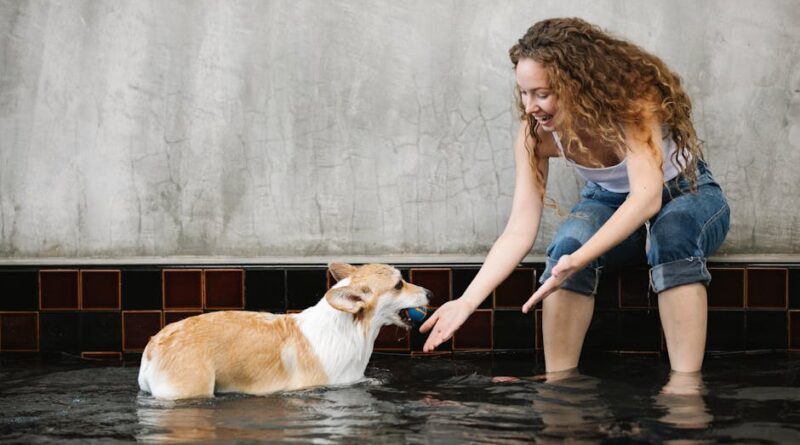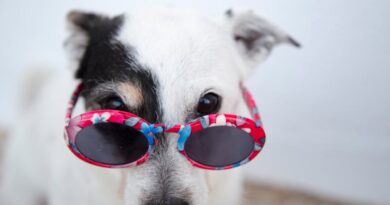Mastering the Art of Socializing Small Dogs
Small dogs are often seen as the epitome of cuteness, with their tiny frames, adorable faces, and playful personalities. However, despite their small size, these pint-sized pups still require socialization to thrive in various environments. Socializing small dogs is not only essential for their well-being but also for the safety and comfort of those around them. In this comprehensive guide, we will delve into the intricacies of how to socialize small dogs effectively, covering everything from the basics to expert tips and common misconceptions.
The Importance of Socializing Small Dogs
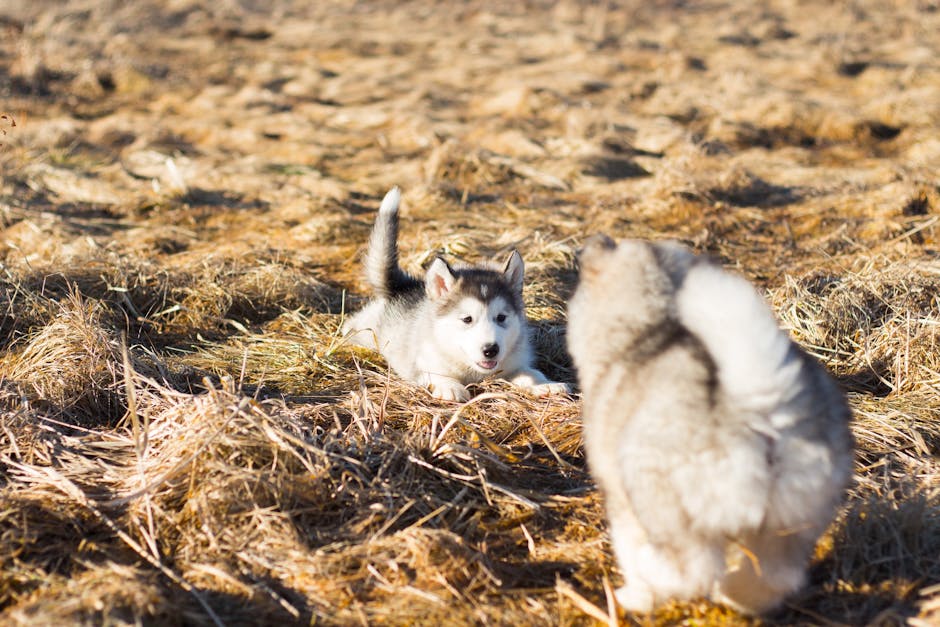
By Andrew Kota via Pexels
Socialization plays a crucial role in shaping a dog’s behavior and temperament. For small dogs, proper socialization can help prevent fear, anxiety, and aggression towards unfamiliar people, animals, and situations. By exposing small dogs to a variety of experiences from an early age, you can help them develop into confident, well-adjusted companions.
One of the key benefits of socializing small dogs is that it can prevent behavioral issues such as excessive barking, destructive chewing, and separation anxiety. When small dogs are comfortable in different settings and around different people and animals, they are less likely to exhibit disruptive behaviors out of fear or insecurity.
Furthermore, socialization can enhance the bond between small dogs and their owners. When small dogs are well-socialized, they are more likely to trust their owners and feel at ease in a variety of situations, whether it’s a trip to the park, a visit to the vet, or a playdate with other dogs.
Understanding Small Dog Behavior
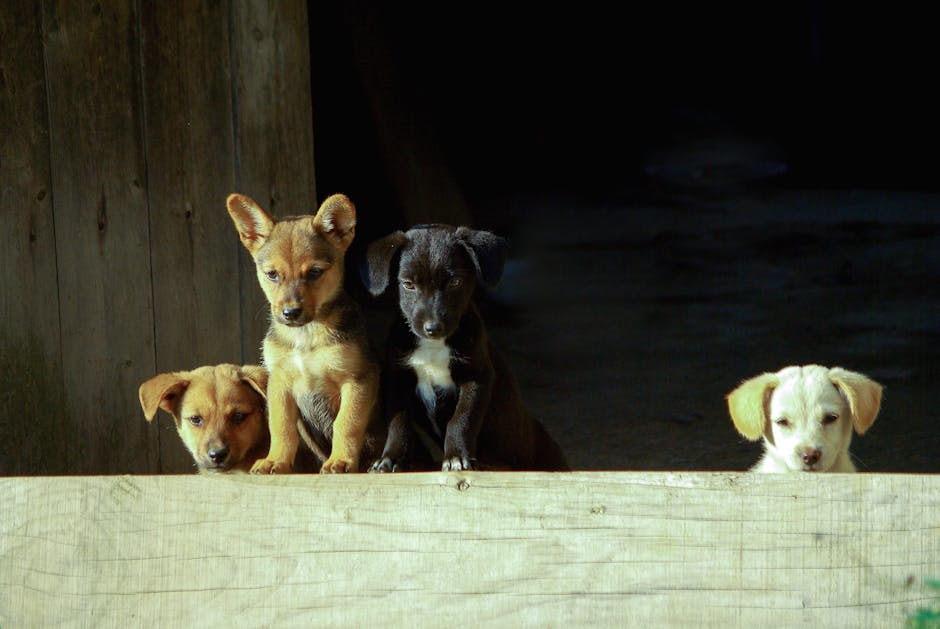
By 대정 김 via Pexels
Before delving into the specifics of how to socialize small dogs, it’s important to understand their unique behavior traits. Small dogs often have big personalities, and their size can sometimes lead to behaviors that are misunderstood or misinterpreted by their owners and others.
For example, small dogs may exhibit behaviors such as barking, growling, or snapping when they feel threatened or insecure. These behaviors are often a result of fear or anxiety, rather than aggression. By understanding the underlying reasons for these behaviors, you can better address them and help your small dog feel more comfortable in various situations.
Small dogs also have different socialization needs than larger breeds. Due to their size, small dogs may be more vulnerable to stress and overwhelm in new environments or around unfamiliar people and animals. As such, it’s important to introduce them to new experiences gradually and positively to build their confidence and trust.
Basic Socialization Techniques for Small Dogs
When it comes to socializing small dogs, consistency and patience are key. Here are some basic techniques to help your small dog become more comfortable in different situations:
Exposure to Different Environments
Introduce your small dog to a variety of environments, such as the park, the beach, or the city streets. Exposing them to different sights, sounds, and smells can help them become desensitized to new experiences and build their confidence.
Positive Reinforcement
Reward your small dog with treats, praise, and toys when they exhibit calm and confident behavior in new situations. Positive reinforcement can help them associate new experiences with positive outcomes and feel more at ease in unfamiliar settings.
Playdates with Other Dogs
Arrange playdates with other small, well-socialized dogs to help your pup learn proper social cues and behavior. Supervised interactions with other dogs can teach your small dog how to communicate effectively and play nicely with others.
Obedience Training
Enroll your small dog in obedience training classes to help them learn basic commands and improve their behavior around other people and animals. Training can provide structure and guidance for your small dog, helping them feel more secure in various situations.
Advanced Socialization Tips for Small Dogs
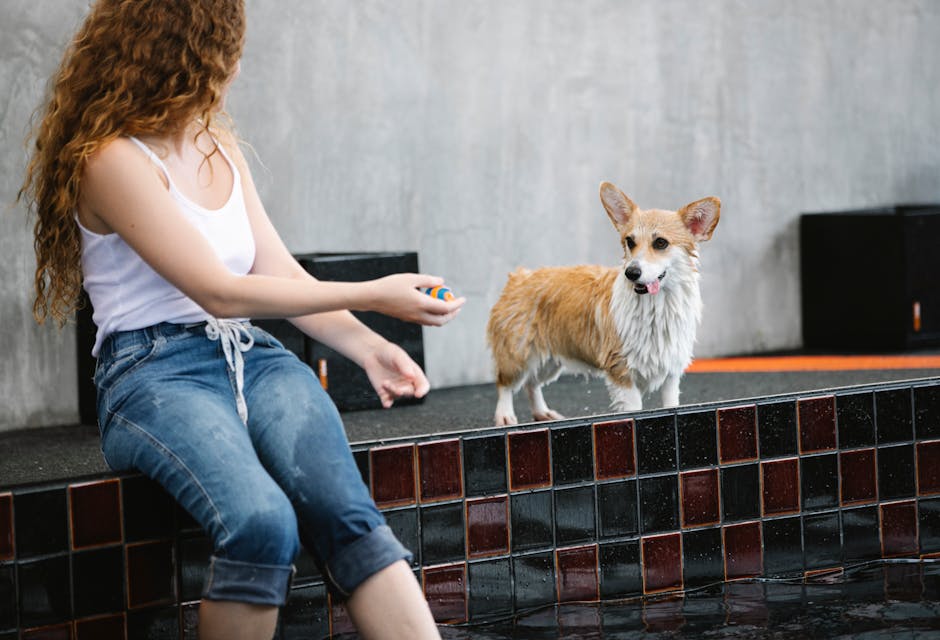
By Blue Bird via Pexels
Once your small dog has mastered the basics of socialization, you can take their training to the next level with these advanced tips:
Desensitization Techniques
If your small dog is fearful or anxious in certain situations, such as loud noises or crowded spaces, you can use desensitization techniques to help them feel more comfortable. Start by exposing them to low levels of the trigger and gradually increase the intensity as they become more relaxed.
Counterconditioning
Counterconditioning involves changing your small dog’s emotional response to a particular stimulus by pairing it with something positive. For example, if your small dog is afraid of strangers, you can give them treats or toys whenever a new person approaches to help them associate strangers with good things.
Professional Socialization Classes
Consider enrolling your small dog in professional socialization classes led by experienced trainers. These classes provide structured socialization opportunities and can help your small dog build confidence, learn new skills, and interact with other dogs in a controlled environment.
Regular Socialization Outings
Make socialization a regular part of your small dog’s routine by taking them on outings to different places and events. Whether it’s a trip to the pet store, a walk in the neighborhood, or a visit to a dog-friendly caf, exposing your small dog to new experiences can help them adapt to a variety of situations.
Expert Opinions on Socializing Small Dogs
According to renowned dog trainer and behaviorist Cesar Millan, socializing small dogs is essential for their overall well-being and happiness. Millan emphasizes the importance of exposing small dogs to a wide range of experiences from an early age to help them develop into confident and well-adjusted companions.
Dr. Sophia Yin, a veterinarian and animal behaviorist, also stresses the importance of socialization for small dogs. Dr. Yin recommends using positive reinforcement techniques to help small dogs feel more comfortable in new situations and build their confidence over time.
Common Misconceptions About Socializing Small Dogs
One common misconception about socializing small dogs is that they don’t need as much socialization as larger breeds. In reality, small dogs can benefit greatly from proper socialization to prevent behavioral issues and build their confidence in various situations.
Another misconception is that small dogs are naturally aggressive or fearful due to their size. While small dogs may exhibit behaviors such as barking or growling in certain situations, these behaviors are often a result of fear or insecurity and can be addressed through proper socialization and training.
FAQs About Socializing Small Dogs
Q: When should I start socializing my small dog?
A: It’s best to start socializing your small dog as early as possible, ideally between the ages of 3-12 weeks. Early socialization can help your small dog become more confident and adaptable to new experiences later in life.
Q: What if my small dog is fearful or anxious in social situations?
A: If your small dog is fearful or anxious in social situations, start by introducing them to new experiences gradually and positively. Use desensitization and counterconditioning techniques to help them feel more comfortable and confident over time.
To Wrap Things Up
Socializing small dogs is a multifaceted process that requires patience, consistency, and a deep understanding of their unique behavior traits. By following the tips and techniques outlined in this guide, you can help your small dog become a well-adjusted and confident companion in various environments. Remember, socialization is an ongoing journey that requires dedication and effort, but the rewards of having a happy and social small dog are well worth it.

